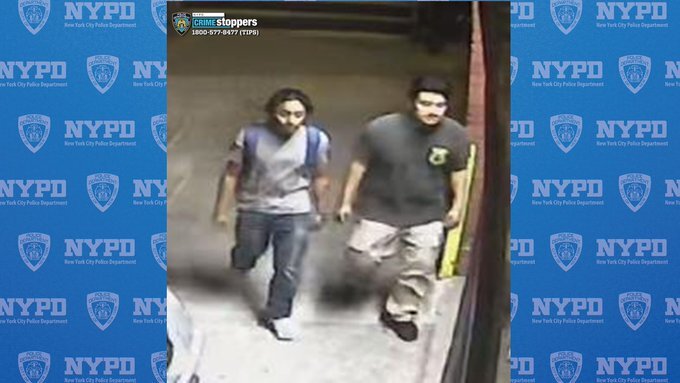By Naeisha Rose
City Councilman Ruben Wills (D-Jamaica) went on trial in Queens Supreme Court Wednesday to fight 12 charges of fraud, falsifying business records and grand larceny brought by the New York state attorney general’s office.
The prosecution, led by Assistant Attorney General Travis Hill, with an assist by fellow prosecutor John Chiarro, quickly laid out the multitude of accusations against Wills in an opening statement.
Wills, elected to the City Council in 2010, is accused of defrauding both the city and state by creating a shell company to siphon off campaign money for his own personal gain.
In his opening statement, Hill contended Wills stole public funds by using his New York 4 Life charity to issue bogus campaign translation services to Micro Targeting, the shell company which was run by a relative.
NY 4 Life is a charity that is supposed to honor single parents and help the southeast Queens neighborhoods that Wills serves to combat obesity with events four times a year.
“We wouldn’t be here today if the defendant, Ruben Wills, paid for his personal expenses with his personal account,” Hill said. “A not-for-profit bank account is not the same as your own bank account.”
Hill stressed to the jury that not only was some of the money Will used a grant from the state, but that the money from the city was from taxpayers.
According to indictment, Wills allegedly fleeced both the city and the state of $30,500 to go on shopping sprees at several retail stores and for personal expenses. Then he falsified how he spent the money, the indictment said.
The money was from the New York City Campaign Finance Board and New York State Office of Children and Family Services, which gave his charity $33,000, according to Hill.
Chiarro told the jury Wills used the money to buy coffee at Starbucks, gas at Exxon Mobile, and a Louis Vuitton bag at Macy’s.
The prosecutor called Wills’ disregard for the law “an ongoing systematic state of conduct”and a disgrace to the Campaign Finance Board, which issued matching funds for his unsuccessful 2009 Democratic primary race. He won the seat in a special election the following year.
Kevin O’Donnell, Wills’ defense attorney and Hill’s former colleague, swiftly disputed the prosecution’s claims in his opening statement as sloppy bookkeeping from Wills, a first-time elected official, from the 40s projects of South Jamaica with only a high school diploma.
“No, no, no, no, no,” said O’ Donnell. “I can see why they might be suspicious.”
O’Donnell later explained that NY 4 Life was created in 2006 and honored single mothers with a morning banquet in 2006, 2007, and 2008, which was long before he launched his first Council bid in 2009 and supposedly mishandled campaign money from the CFB that same year. The attorney exclaimed that the event was so popular that men wanted a single father’s luncheon.
According to the indictment, Wills’ charity received money to hold four events a year, instead of one annual banquet, which is all the CFB could account for between Dec. 2009 to April 2010.
“Yes, Ruben did create that in 2006, because he wanted to provide for single mothers,” O’Donnell said.
O’Donnell blamed Wills’ bad record keeping and a flood in the councilman’s office as reasons for why the elected official could not provide proper proof to the CFB of where the money went for a men’s luncheon.
“Think of something you did five years ago that you can’t substantiate,” O’Donnell said.
The prosecution later brought Fritznar Nelson, the director of merchandise protection and former manager of investigations of Macy’s, to the stand to testify.
Nelson described his duties at Macy’s and his understanding of record keeping of transactions at Macy’s, including how to read a point of sales receipt.
As exhibit one, the prosecution had a receipt of a Louis Vuitton purchase, which they believe to be a bag, at the Macy’s in Roosevelt Field Mall in Nassau County.
According to Nelson, it appeared that Wills bought an item at the luxury store with a gift card, credit card and a debit card.
O’Donnell questioned how Nelson could know that Wills paid for an item at the store if debit card transactions are encrypted, and if the bar code doesn’t tell you what an item is.
“I can only tell it was a Louis Vuitton product,” Nelson replied.
Afterwards the prosecution approached the bench and the judge announced a recess.
Reach reporter Naeisha Rose by e-mail at nrose

































